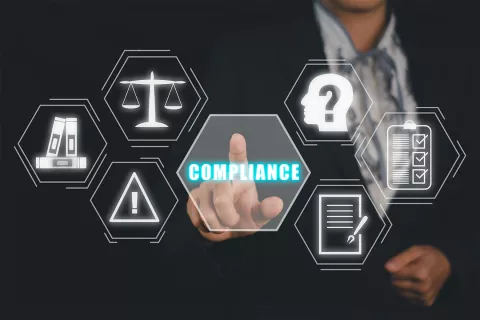
Clinical trials form a critical phase in the development and approval of medical devices. They provide the necessary evidence to demonstrate the safety and efficacy of a device before it can be marketed. The United States Food and Drug Administration (US FDA) sets stringent requirements for conducting clinical trials to ensure that the data collected are reliable and that patient rights are protected. This blog explores the key aspects of navigating the US FDA’s Regulatory requirements for conducting clinical trials of medical devices, including study design, patient recruitment, data collection, and reporting.
Study Design
The US FDA recommends clinical trials for medical devices to be designed in such a way that they demonstrate substantial equivalence in terms of safety and efficacy when compared to a legally marketed predicate device. The clinical protocol should clearly outline the objective as well as the methods and procedures of the test, the study endpoints (typically safety and efficacy), and the statistical methodology used.
Before initiating a study, the clinical study protocol must be finalized, including comprehensive patient inclusion and exclusion criteria, detailed study procedures, along with a justification of the study sample size. Additionally, the protocol must specify whether the device results will be used for patient management, which may, in turn, necessitate an Investigational Device Exemption (IDE) for study sites in the US.
Patient Recruitment
Patient recruitment must be conducted in a manner that ensures that the study population accurately represents the intended user group(s) for the device. The inclusion and exclusion criteria should be clearly defined to characterize the population for the proposed Indication for Use (IFU). This includes specifying the Diagnostic and Statistical Manual of Mental Disorders (DSM-IV) diagnosis, treatment severity, and medication resistance, as applicable.
Data Collection
Medical device clinical trial data must be captured using the US FDA’s data standards to ensure consistency and reliability. The US FDA provides resources for the current Clinical Data Interchange Standards Consortium (CDISC) standards, which should be used for case report forms and data analysis sets. Additionally, the Certification of Compliance with the Requirements of ClinicalTrials.gov Data Bank (FDA Form 367439) for each applicable medical device clinical trial must be included in the submission.
Reporting
Upon completing the medical device clinical trial, sponsors must discuss the study results, analysis performed, and conclusions in their submission. As part of this process, they must discuss any comparison testing with the predicate device in terms of substantial equivalence. The US FDA’s regulations also mandate that clinical trials are to be reported in a complete test report that includes test facility information, test objectives, materials and methods, and results.
Significant Risk (SR) vs Non-significant Risk (NSR)
The US FDA categorizes medical device studies as either Significant Risk (SR) or Non-significant Risk (NSR). SR studies must be conducted under the IDE regulation, 21 CFR Part 812; they should comply with the regulations governing institutional review boards (21 CFR Part 56) and informed consent (21 CFR Part 50). NSR studies have different requirements and may not need an IDE, but they still require adherence to ethical standards and proper data handling.
International Studies
For clinical investigations conducted outside the US, which are intended to support a submission to the US FDA, the data must be collected in accordance with Good Clinical Practice (GCP) standards. This includes review and approval by an Independent Ethics Committee (IEC) and informed consent.
Thus, navigating the US FDA’s Regulatory requirements for clinical trials of medical devices is a complex process that demands careful planning and execution. From designing a study that meets the US FDA’s regulations for clinical trials to recruiting the right patient population and collecting data in a compliant manner, each step must be meticulously managed. By adhering to these requirements, sponsors can ensure that their clinical trial data are robust, reliable, and capable of supporting marketing authorization for their medical devices. It is always recommended to engage with the US FDA from the initial stages, through pre-submission meetings or other means of communication, to clarify any uncertainties and receive guidance tailored to the specific device under investigation.
For all your US FDA-related medical device requirements, contact us.









